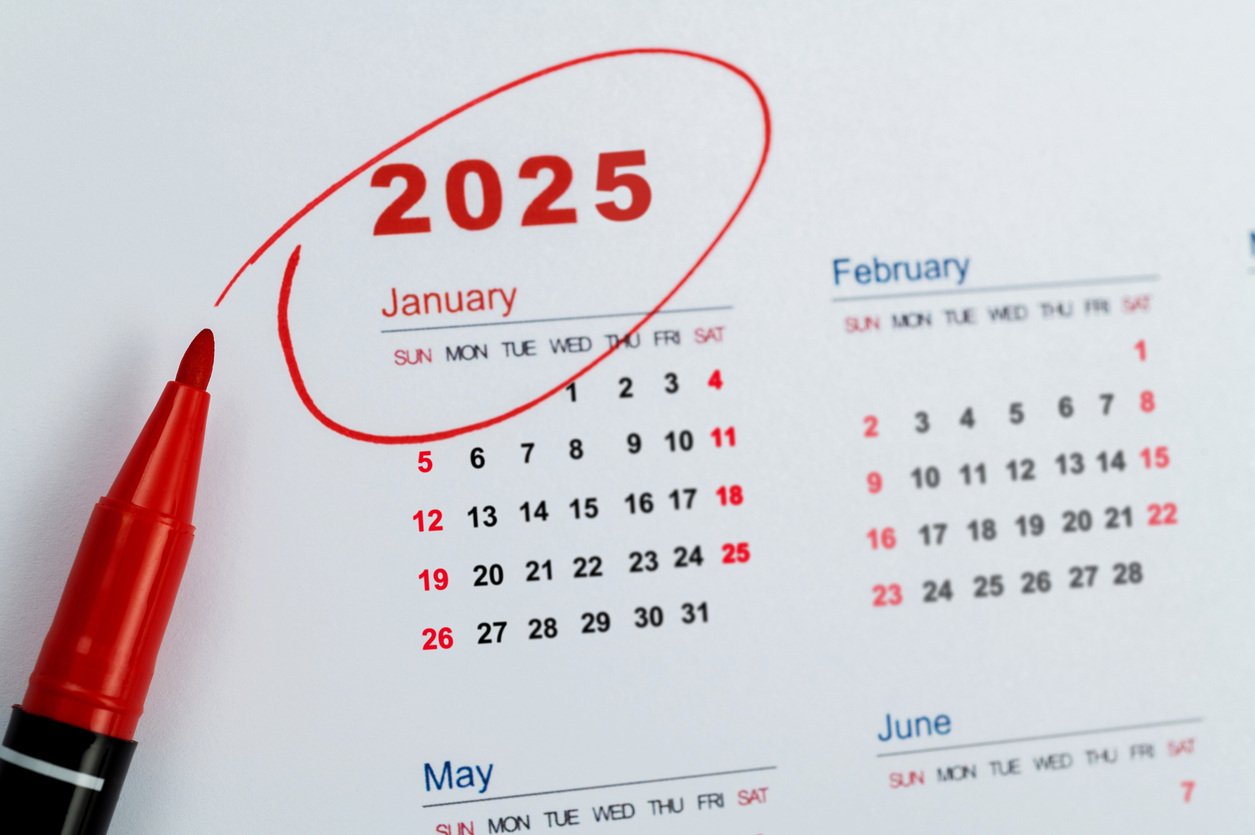
Written by
Aidan Farrish
Aidan is an aPHR-certified writer on the marketing team at BerniePortal. She writes about HR, healthcare, and benefits.
Federal Contractor and Subcontractor Minimum Wage Increases in 2024

Federal contractors must follow certain requirements to be compliant while fulfilling federal contracts. One of these requirements includes paying a minimum wage to employees that may differ from current wage rates.
Read more to learn the new minimum wage rate for federal contractors, what executive order to follow, and how HR professionals can adjust their payroll needs to accommodate it.
Minimum Wage Rate Increase for Federal Contractors in 2024
As the cost of living rises, the government uses two separate legislative orders to direct the minimum wage increase for federal contractors. These figures are based on the Consumer Index for Urban Wage Earners and Clerical Workers and rounded to the nearest multiple of $0.05.
In 2024, the minimum wage for federal contractors will increase from $12.15 per hour to $12.90 per hour for employers that must abide by E.O. 13658. Employers that abide by E.O. 14026 must pay a minimum wage of $17.20 per hour, increasing from the 2023 rate of $16.20 per hour.
There are hundreds, if not thousands, of Executive Orders (E.O.s), but we will cover these two so employers can determine which one applies to them.
The purpose of increasing the minimum wages for federal contractors is to enforce commitment upon the government to improve the economic conditions of contractors while attempting to boost the economy as a whole. However, the difference in legislation makes understanding employer responsibilities complicated.
The Differences Between E.O 13658 & E.O 14026: Final Rule for Federal Contractors
Executive Order 13658, also called the Establishing a Minimum Wage for Contractors E.O., was signed into law by President Obama in 2015 and was the standard for increasing the minimum wage for federal contractors and subcontractors.
Executive Order 14026, also called the Increasing the Minimum Wage for Federal Contractors E.O., was signed into law in 2021 by President Biden. Each order increased the minimum wage for contractors and implemented annual increases, which are announced 90 days before they must go into effect.
E.O. 14026 built upon E.O. 13658 and aimed to reach a minimum wage of $16.20 per hour by January 1, 2023, followed by annual increases beginning January 1, 2024. Additionally, this E.O. was intended to eliminate the tip credit by January 1, 2024. However, E.O. 14026 currently impacts specific cases only, as circuit court appeals have tied it up in multiple states, like Texas, or is applied to contracts created before January 2022.
With certain exceptions, federal contractors and subcontractors can rely on the Establishing a Minimum Wage for Contractors legislation (E.O. 13658) to guide their payroll strategy. To remain compliant, employers must know which E.O. applies to their contracts; the answer isn’t simple.
For example, E.O. 13658 guides many states’ current policies where E.O. 14026 does not apply, such as in cases concerning “contracts or contract-like instruments entered into with the federal government in connection with seasonal recreational services or seasonal recreational equipment rental for the general public on federal lands.” For more information on the circuit appeals and exceptions to these executive orders, read this law firm’s breakdown of the appeal.
However, there are additional things employers should know about whether they must abide by E.O. 14026 or E.O. 13658.
Who Does E.O. 14026 Apply To?
Some federal contractors and subcontractors must abide by the E.O. 14026 figure of $16.20. If they have entered into a new contract on or after January 30, 2022, they must pay a $16.20 hourly minimum. The parameters for entering into a new contract include new contracts that were extended or a contract that is exercised.
So if a federal subcontractor extended a contract past the January 30, 2022 deadline, they should have adjusted the pay rate of anyone making below $16.20. Additionally, exercising an option on a contract counts toward whether or not an employer must abide by the wage increase. In legalese, exercising an option on a contract means buying or selling certain underlying securities present in a contract. Each contract is different, so check with an employment lawyer to determine if this applies.
E.O 14026 applies to four different categories of federal contractors or subcontractors. They are:
-
- Procurement contracts for construction, as covered by the Davis-Bacon and Related Acts (DBA).
- Service contracts, as covered by the McNamara-O'Hara Service Contract Act (SCA).
- Concessions contracts, including any concessions contract excluded from the SCA by the Department’s regulations at 29 CFR 4.133(b).
- Contracts concerning federal property or lands related to offering services for federal employees, their dependents, or the general public.
If you are a small to midsized employer working on federal projects, consider checking with an employment lawyer if any of these categories apply to your organization.
How a Payroll System Can Streamline Minimum Wage Increases
Should appeals to E.O. 14026 fail, employers with federal contracts or subcontracts may need to quickly reevaluate their budget and payroll to account for the increase in the minimum wage. Minor increases did take effect on January 1, 2024.
Employers that don’t adapt to the increases as easily may struggle to recruit or retain skilled laborers in federal contracting/subcontracting industries. This makes a payroll system critical to attracting valuable talent in a labor market that grows tighter daily.
The best way to remain compliant with legislative changes such as this is to use a competent, up-to-date payroll system that can implement wage increases as they occur. Since each E.O. dictates annual increases, moving payroll online is incredibly strategic and can save employers time and stress—and prevent costly errors.
Additional Resources
You can stay informed, educated, and up to date with important HR topics using BerniePortal’s comprehensive resources:
- BernieU—free online HR courses, approved for SHRM and HRCI recertification credit
- BerniePortal Blog—a one-stop shop for HR industry news
- HR Glossary—featuring the most common HR terms, acronyms, and compliance
- Resource Library—essential guides covering a comprehensive list of HR topics
- HR Party of One—our popular YouTube series and podcast, covering emerging HR trends and enduring HR topics

Written by
Aidan Farrish
Aidan is an aPHR-certified writer on the marketing team at BerniePortal. She writes about HR, healthcare, and benefits.
Related Posts
Each year, new state and local regulations take effect, and with a new administration...
As we approach 2025, it's essential for HR professionals to plan for the upcoming year's...
From major holidays to key compliance and ACA deadlines, here’s everything you need to...








Submit a Comment